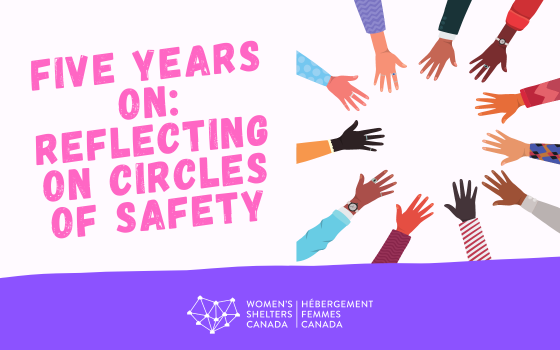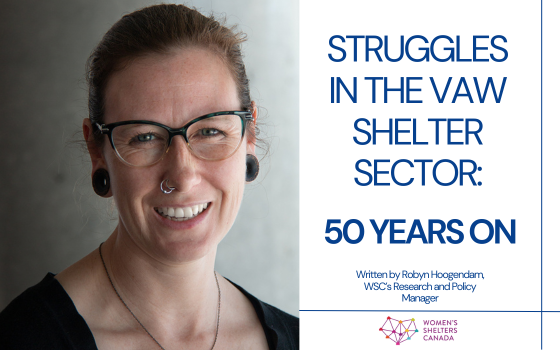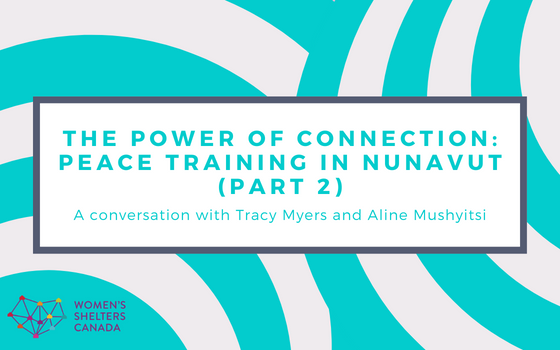“She was articulate and bright with a scientific mind. When she heard about injustice in the world, she was mad and wanted to do something to help.”
– Jennifer Kagan-Viater, about Keira Kagan
In February 2020, a month before the outbreak of a global pandemic that would shake the world, a little girl by the name of Keira Kagan was found dead at the bottom of a cliff at Ontario’s Rattlesnake Point. The body of her father, Robin Brown, was also discovered alongside her in what was determined to be a murder-suicide.
 Jennifer Kagan-Viater, Keira’s mother, describes four-year-old Keira as, “compassionate, innocent and, playful [and] an old soul, with an understanding for beyond her years.” She also believes that Keira’s death could have been prevented.
Jennifer Kagan-Viater, Keira’s mother, describes four-year-old Keira as, “compassionate, innocent and, playful [and] an old soul, with an understanding for beyond her years.” She also believes that Keira’s death could have been prevented.
Prior to Keira’s murder, Kagan-Viater had endured a lengthy custody battle with her former husband, Brown, who had a history of domestic violence and coercive control towards her. Yet despite this alarming fact and Kagan-Viater’s many attempts to convince the Court to examine Brown’s violent history as relevant to the divorce case, Brown was ultimately awarded generous access to Keira, with the abuse disregarded altogether.
Kagan-Viater’s fears were not unfounded. In a report on family violence in the context of separation and divorce published by the Government of Canada, research pointed to a direct overlap between domestic violence and child abuse. In particular, the report reveals that children are most at risk of family violence escalation during and post parental separation and divorce. In other words, Kagan-Viater’s requests should have been taken into consideration when determining Brown’s level of access to Keira. Yet, as we know, they were not.
Keira’s case points to a larger systemic issue in the Canadian court system in that judges lack proper education on domestic violence and coercive control, with many holding onto the belief that an abusive partner can still be a good parent. While family violence is now finally federally recognized as relevant in the context of judicial decisions related to parenting, thanks to the amended Divorce Act that came into effect in March 2021, the foundational understanding of these concepts by judges remains a non-requirement.
Without such knowledge, judges may not identify dangerous behaviour patterns in instances of domestic violence and coercive control. This can result in access being granted to a dangerous parent seeking to harm the other as revenge, through their children, as was the case for Kagan-Viater and her daughter, Keira.
With a justice system characterized by such glaring inadequacies, it only makes sense for a solution to start there.
Kagan-Viater has been leading the advocacy of Member of Parliament Anju Dhillon’s Private Member’s Bill C-233, which will mandate domestic violence and coercive control education for federally appointed judges. The section of Bill C-233 pertaining to education of judges is being called Keira’s Law, in honour of Keira. Bill C-233 completed its first reading on February 7, 2022 and will enter its first hour of debate, and consequent second reading, on April 29, 2022.
In the lead up to April 29, Women’s Shelters Canada has been focusing our efforts on supporting Bill C-233 and Keira’s Law by calling on our community of shelters and transition houses across the country – and the general public – to champion it. Whether it’s emailing your MP about Keira’s Law, signing the parliamentary petition in favour of it, or tweeting about it during our planned Keira’s Law Twitter storm on April 29, we are asking everyone to push for this important legislation.
Not only will Keira’s Law protect victims of violence and children, but it will also amplify violence against women as a Canadian public health crisis. It will save lives.
To learn more about Keira Kagan’s story and Keira’s Law, visit www.forlittekeira.com. To find out more about WSC’s Keira’s Law initiative, visit our webpage or contact Jed at jnabwangu@endvaw.ca.





Leave A Comment
You must be logged in to post a comment.